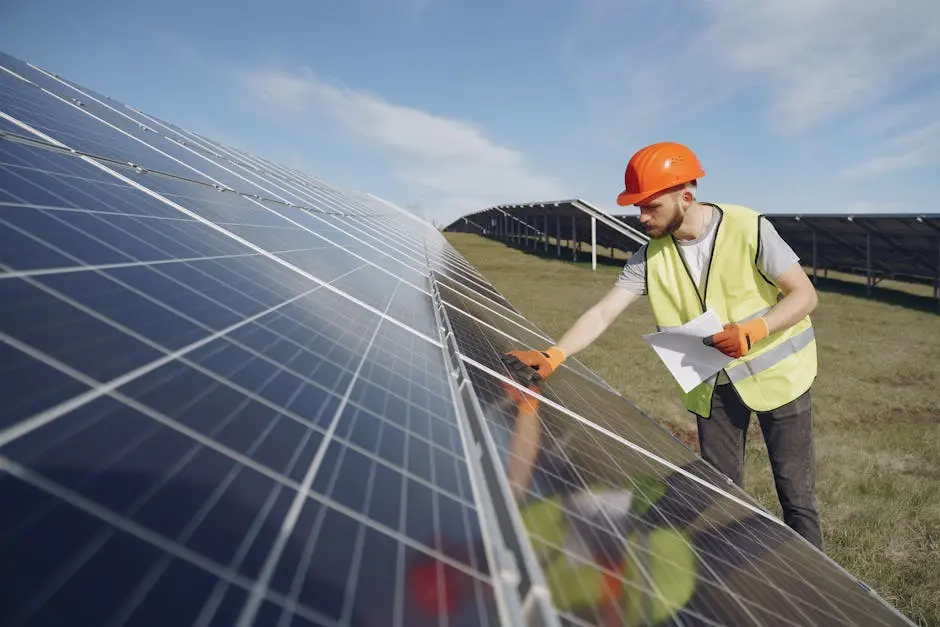Exploring solar savings can be a transformative step towards reducing your energy bills and contributing to a sustainable future. However, before diving in, there are several key aspects to understand that will guide you in making an informed decision. Let’s break it down simply and clearly.
Understand Your Energy Consumption
Before considering solar, it’s essential to know how much energy you currently use. Reviewing past utility bills can help determine your average consumption and inform how much solar energy you might need.
A clear understanding of your energy usage patterns can also highlight areas where you might reduce consumption even before switching to solar. For instance, certain appliances may contribute disproportionately to your energy costs, giving you a chance to make informed changes.
Additionally, consider the changes in your household that might affect future electricity needs. Anticipating an increase or decrease can help decide the appropriate solar system size. Understanding these fluctuations is crucial for accurately evaluating solar savings potential.
Evaluate the Cost of Solar Panels
Solar panel costs can vary based on several factors such as system size and installation. Consider getting quotes from multiple providers to understand the financial commitment involved.
As part of evaluating costs, it’s important to factor in maintenance expenses over the lifespan of solar panels. While they generally require minimal upkeep, planning for occasional cleaning or inverter replacements can ensure continued efficiency.
Financing options can also play a critical role in managing the cost of solar panels. Whether through loans, leases, or power purchase agreements, understanding these avenues can make solar systems more financially feasible, offering potential savings.
Explore Available Incentives and Rebates
There are often financial incentives, rebates, and tax credits available for solar panel installations. Researching these can significantly offset the initial setup costs, making solar more accessible.
Different states and regions offer various programs and policies designed to promote solar adoption. For example, net metering can allow you to earn credits for excess energy produced, providing yet another layer of financial benefit.
For detailed guidance on maximizing these incentives, look at local government programs or consult with solar providers, who often stay updated on the latest available programs and can assist with the application process.
Consider the Long-term Savings
While the upfront cost can be substantial, solar panels can lead to significant savings over time. Consider the potential long-term reduction in utility bills and the increased value of your home.
A significant part of long-term savings derives from reduced reliance on traditional electricity sources, especially as energy costs rise. This shift not only protects you from price hikes but also aligns with sustainable living goals.
To further quantify potential savings, tools and calculators are available that estimate savings based on system size, location, and energy consumption patterns. Exploring these resources can refine expectations and support your decision-making process.
Assess the Suitability of Your Home for Solar
Not every home is ideal for solar panels. Factors like roof condition, orientation, and shading can influence efficiency. An assessment can determine if solar is a good fit for your property.
Enlist the help of professional consultations to evaluate your property. They can assess your location’s solar potential, considering nuances such as local climate, panel tilt, and optimal system placement.
Even if challenges exist, such as partial shading, innovative solutions like micro-inverters or battery storage systems can enhance performance, allowing you to still capitalize on solar savings.
Making Informed Decisions About Solar Savings
In summary, understanding your energy needs, the costs involved, and the available incentives are crucial steps in exploring solar savings. With this knowledge, you can make a well-informed decision that paves the way for a more sustainable and cost-effective energy future.

















